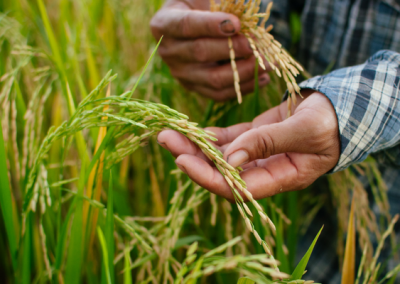Proposes innovations to regulate the use of new genomic techniques
Last week, the Permanent Representatives Committee of the Council of the European Union decided to open negotiations with the European Parliament on a new Regulation laying down the requirements for certain plants produced by new genetic techniques and the food and feed produced from them.
The implementation of this proposal would help the EU's agriculture and food sector to contribute to the implementation of the European Green Deal, the Farm-to-Table and Biodiversity Strategies, the Innovation and Sustainability objectives, to increase the competitiveness of the sector, and to maintain a high level of protection for human health and the environment.
Since the adoption of EU legislation on genetically modified organisms (GMOs) in 2001, significant progress has been made in the development of New Genomic Techniques (NGTs), which have allowed more precise and faster modification of the genetic characteristics of plants compared to traditional breeding methods. In addition, certain new techniques do not introduce "foreign DNA", i.e. the plants cannot pass it on to other plants, and the resulting products are in some cases indistinguishable from those obtained by conventional methods.
The new proposal distinguishes between two categories of NGT plants. The first category is that of plants which, after evaluation against the equivalence criteria set out in the proposal, can be considered as traditional plants, which could either arise naturally or be derived by traditional methods. The second category – all other NGT plants which do not fall under the first category.It is proposed that category 2 NHP plants and products continue to be subject to the same traceability and labelling requirements as conventional GMOs, with the possibility to add factual information on the intended purpose of the genetic modification. In addition, the proposal does not allow the use of NGT plants in organic production.
The draft provides for the possibility for EU Member States to decide to prohibit the cultivation of category 2 NHPs on their territory. Products made from such plants would have to be labelled with the modified characteristics of the product.
More information on this proposal can be found here.
The final text of this proposal would have to be approved by the European Parliament and the Council and the new regulation would apply 24 months after this approval.















































































































